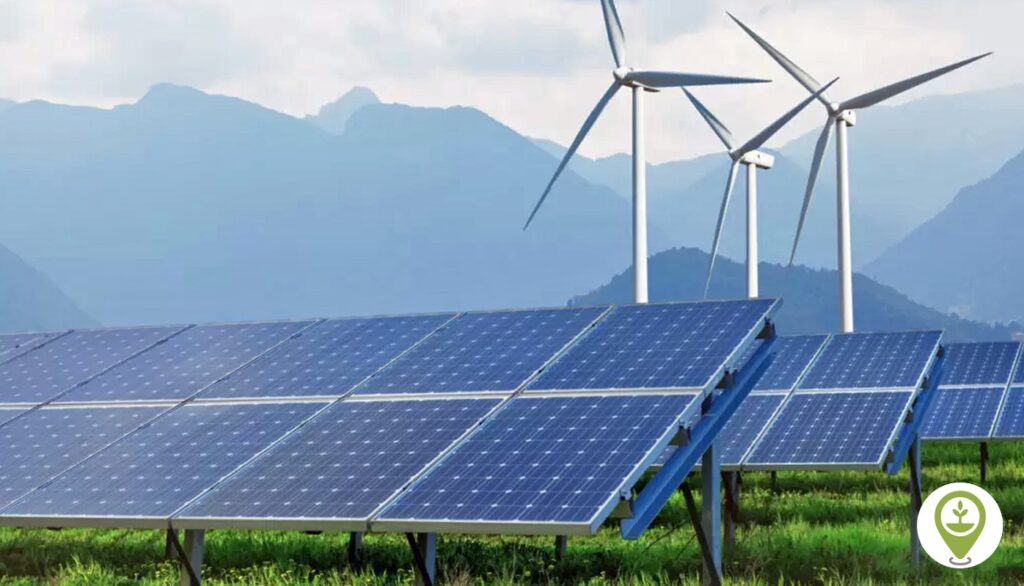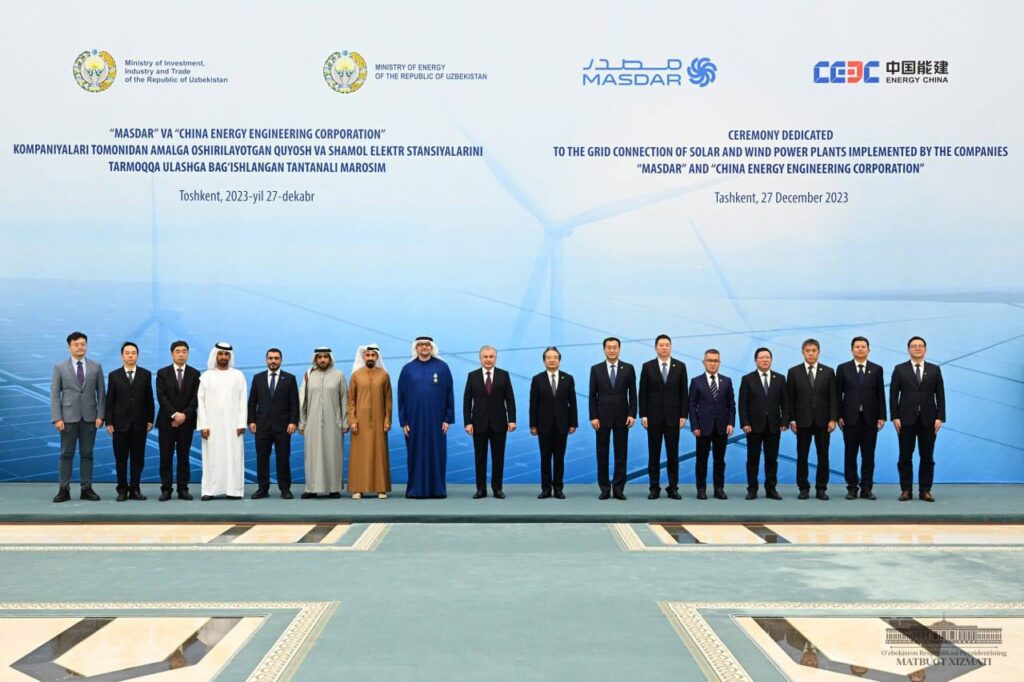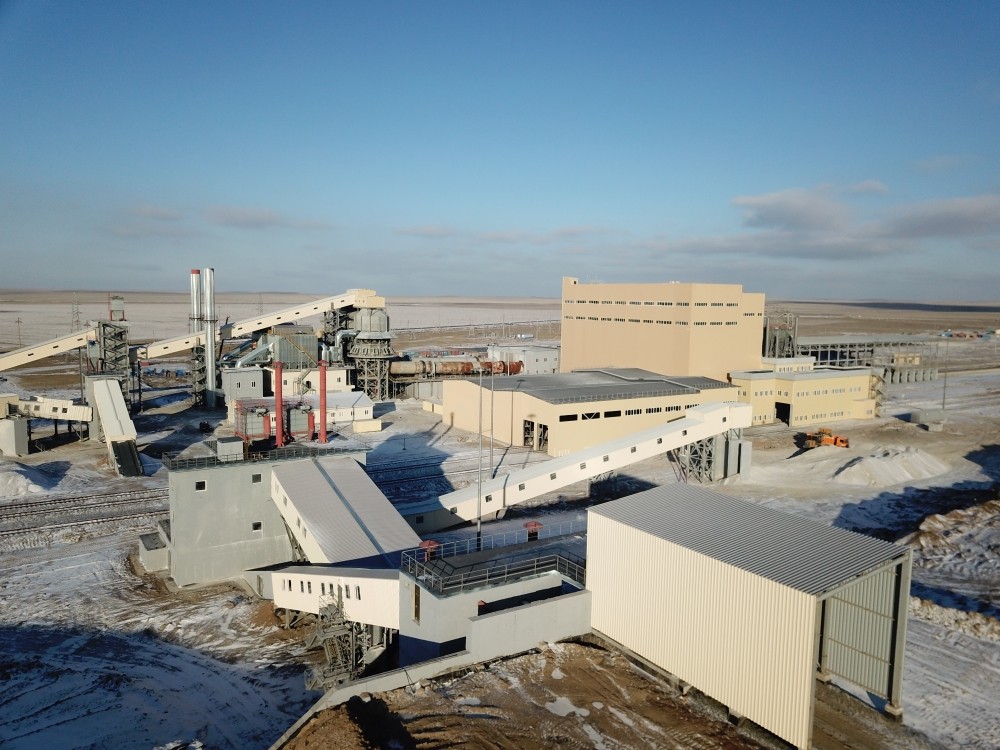Uzbekistan to Cover Growing Demand with Green Energy Sources
Uzbekistan has set a goal of doubling its industrial production by 2030 and plans to implement more than 500 major industrial and infrastructure projects worth $150 billion. To accomplish these ambitious goals, the country needs to have guaranteed and stable energy resources, President Shavkat Mirziyoyev said on December 27th, at the launch ceremony of major projects in the field of green energy. “We estimate that in the next six years, our country's electricity demand will increase from the current 83 billion to 120 billion kilowatt hours. We will cover this primarily through renewable energy sources,” Mirziyoyev said. Uzbekistan will continue its active investment policy to increase the capacity of green energy sources to 27 gigawatts by 2030, he said, adding that the country possesses enormous potential for green energy. “In order to encourage the industry, we have launched the ‘Solar House’ system to provide preferential loans and subsidies for the installation of solar panels and ensure the guaranteed purchase of generated electricity. This year alone, 50,000 households and entrepreneurs have installed solar panels in our country,” Mirziyoyev said. Currently, Uzbekistan is implementing projects for the construction of 22 solar and wind power stations with a total capacity of 9 gigawatts, and the government will create all the necessary conditions and preferences for foreign investors to implement such priority projects, Mirziyoyev concluded.







